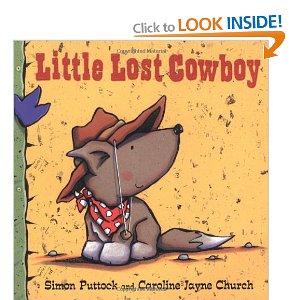 Image: jscreationzs / freedigitalphotos.net
Image: jscreationzs / freedigitalphotos.net
Thomas and I were talking on Skype to my parents back in the UK the other day when they mentioned something that I had noticed in passing before. Although he doesn’t have many words and he babbles a lot, it sounds as if you know what he is trying to say.
When teaching my English language students, one of the things that often comes up is the importance of intonation. I give them made up statistic of how most of what we communicate is through our intonation rather than the actual words. I say made up because I don’t know if there are any actual real statistics around, but it is very important. I give a few examples of how intonation can change the meaning and most of the time my students are receptive to the importance of intonation when learning English.
This is probably because Portuguese and English intonation patterns are similar. There are obvious differences; the use of the auxiliary in questions allows English to have both rising and falling intonation patterns; when people want to congratulate you on your birthday they sound bored to me because the intonation pattern they use would be more appropriate for a list in English. The differences, though, are noticeable simple because they are so rare.
I think this is also the reason why it sounds as if Thomas is speaking, even though he is just babbling. The intonation and the rhythm of his baby talk are similar to English or Portuguese. If my made up statistic has any relevance at all, this is also what enables him to communicate despite not having many words.
One thing that he seems to be able to communicate perfectly well in this way is his complete and utter disdain for me when I am messing around with him. I often do stupid things to get him to laugh and most of the time it works. If it doesn’t work then I just get a ‘Oh daddy!’ which lets me know how ridiculous I am.
I would love to know if this is just me making things up, or if other people have noticed that their child sounds like he’s talking, even though he isn’t.




